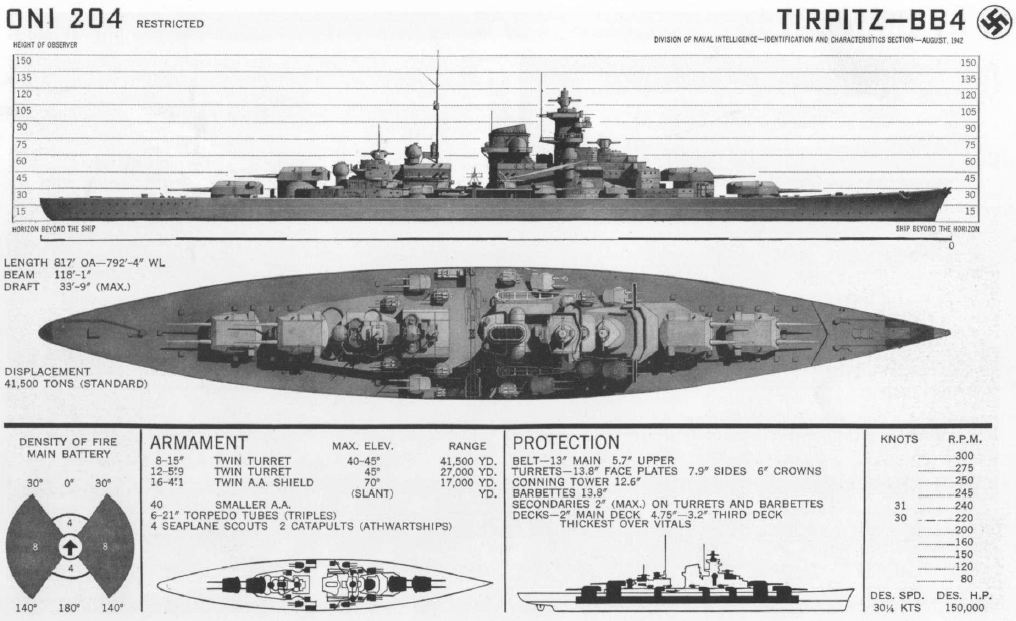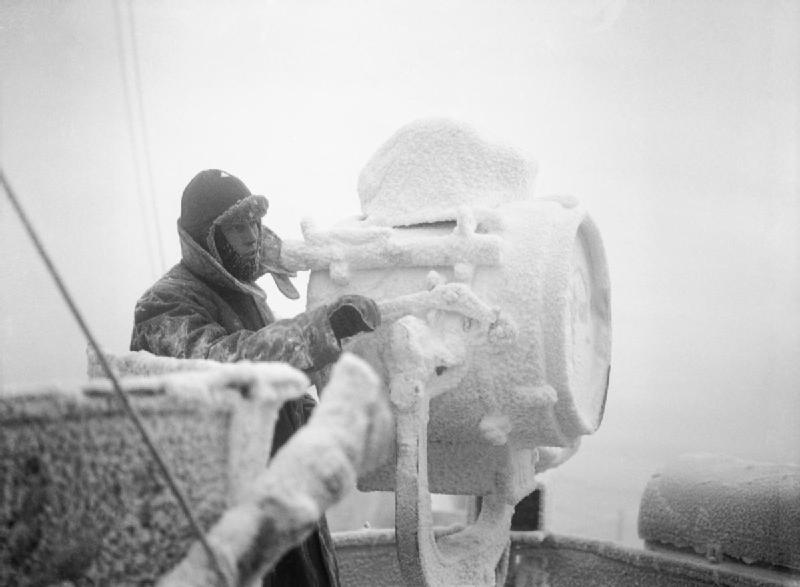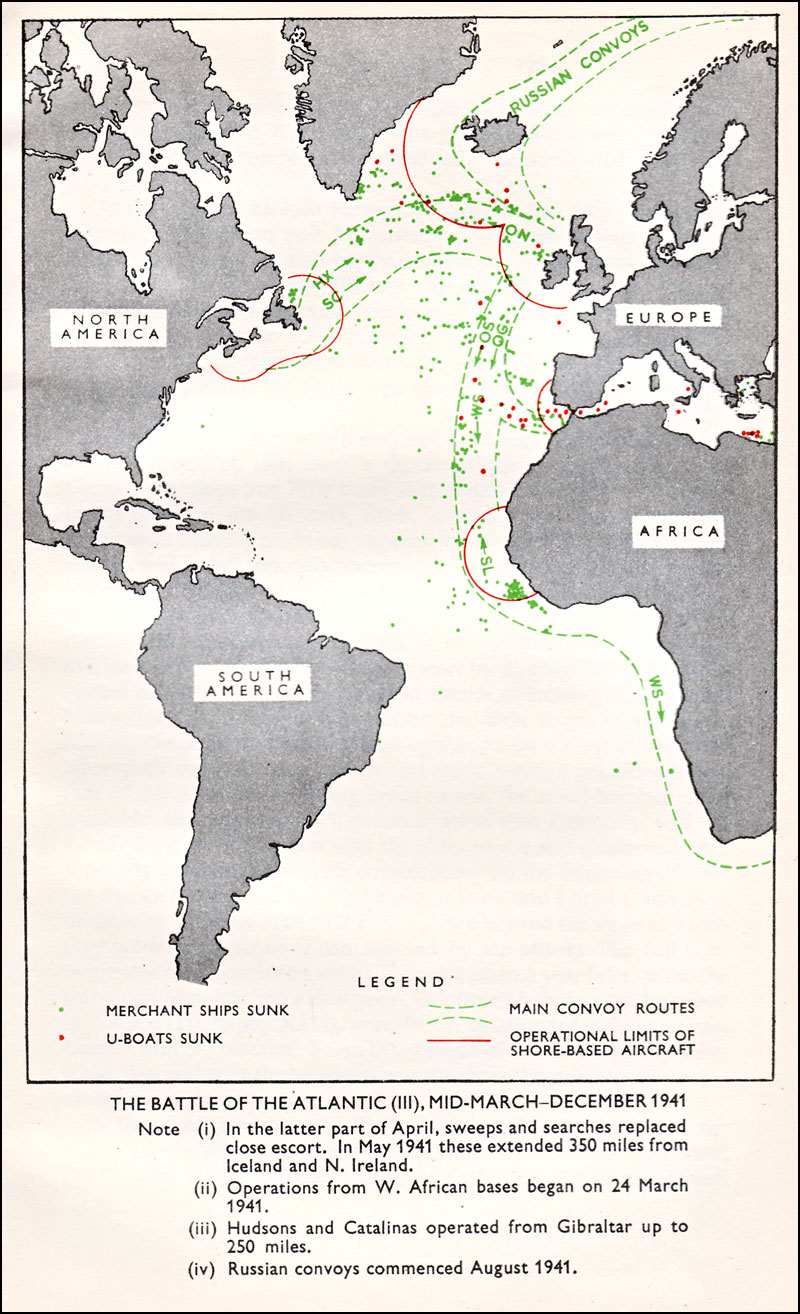|
Broome V Cassell
''Broome v Cassell & Co Ltd'' was an English defamation law, English libel case in 1970 which raised important legal issues concerning exemplary damages and the role of precedents in English law. It is also known for the involvement of the controversial writer David Irving. Captain (naval), Captain Jack Broome, a distinguished retired Royal Navy officer, sued Cassell (publisher), Cassell Ltd and David Irving for libel for publishing a book by Irving on the destruction of Convoy PQ 17 in 1942. The book alleged that the destruction of the convoy was in large part due to Broome's conduct, even though Broome's superiors had absolved him of any blame at the time. After a three-week trial in the High Court of Justice, High Court, a jury awarded Broome £40,000 in damages, including £25,000 in Punitive damages, exemplary damages (also known as punitive damages), the highest award for libel made in England up to that time. The defendants appealed to the Court of Appeal (England and Wales ... [...More Info...] [...Related Items...] OR: [Wikipedia] [Google] [Baidu] |
English Defamation Law
Modern libel and slander laws in many countries are originally descended from English defamation law. The history of defamation law in England is somewhat obscure; civil actions for damages seem to have been relatively frequent as far back as the Statute of Gloucester in the reign of Edward I (1272–1307). The law of libel emerged during the reign of James I (1603–1625) under Attorney General Edward Coke who started a series of libel prosecutions. Scholars frequently attribute strict English defamation law to James I's outlawing of duelling. From that time, both the criminal and civil remedies have been found in full operation. English law allows actions for libel to be brought in the High Court for any published statements which are alleged to defame a named or identifiable individual in a manner which causes them loss in their trade or profession, or damages their reputation. Allowable defences are justification, fair comment, and privilege. A defamatory statement is presu ... [...More Info...] [...Related Items...] OR: [Wikipedia] [Google] [Baidu] |
Lord Chancellor
The lord chancellor, formally the lord high chancellor of Great Britain, is the highest-ranking traditional minister among the Great Officers of State in Scotland and England in the United Kingdom, nominally outranking the prime minister. The lord chancellor is appointed by the sovereign on the advice of the prime minister. Prior to their Union into the Kingdom of Great Britain, there were separate lord chancellors for the Kingdom of England (including Wales) and the Kingdom of Scotland; there were lord chancellors of Ireland until 1922. The lord chancellor is a member of the Cabinet and is, by law, responsible for the efficient functioning and independence of the courts. In 2005, there were a number of changes to the legal system and to the office of the lord chancellor. Formerly, the lord chancellor was also the presiding officer of the House of Lords, the head of the judiciary of England and Wales and the presiding judge of the Chancery Division of the High Court of Justic ... [...More Info...] [...Related Items...] OR: [Wikipedia] [Google] [Baidu] |
German Battleship Tirpitz
''Tirpitz'' was the second of two s built for Nazi Germany's ''Kriegsmarine'' (navy) prior to and during the Second World War. Named after Grand Admiral Alfred von Tirpitz, the architect of the ''Kaiserliche Marine'' (Imperial Navy), the ship was laid down at the Kriegsmarinewerft Wilhelmshaven in November 1936 and her hull was launched two and a half years later. Work was completed in February 1941, when she was commissioned into the German fleet. Like her sister ship, , ''Tirpitz'' was armed with a main battery of eight guns in four twin turrets. After a series of wartime modifications she was 2000 tonnes heavier than ''Bismarck'', making her the heaviest battleship ever built by a European navy. After completing sea trials in early 1941, ''Tirpitz'' briefly served as the centrepiece of the Baltic Fleet, which was intended to prevent a possible break-out attempt by the Soviet Baltic Fleet. In early 1942, the ship sailed to Norway to act as a deterrent against an Allied inv ... [...More Info...] [...Related Items...] OR: [Wikipedia] [Google] [Baidu] |
Dudley Pound
Admiral of the Fleet Sir Alfred Dudley Pickman Rogers Pound, (29 August 1877 – 21 October 1943) was a British senior officer of the Royal Navy. He served in the First World War as a battleship commander, taking part in the Battle of Jutland with notable success, contributing to the sinking of the German cruiser . He served as First Sea Lord, the professional head of the Royal Navy, for the first four years of the Second World War. In that role his greatest achievement was his successful campaign against the German U-boats and the winning of the Battle of the Atlantic but his judgment has been questioned over the failed Norwegian Campaign in 1940, and his dismissal of Admiral Dudley North in 1940. His order in July 1942 to disperse Convoy PQ 17 and withdraw its covering forces, to counter a threat from heavy German surface ships, led to its destruction by submarines and aircraft. His health failed in 1943 and he resigned, dying shortly thereafter. Early life Born the son of ... [...More Info...] [...Related Items...] OR: [Wikipedia] [Google] [Baidu] |
First Sea Lord
The First Sea Lord and Chief of the Naval Staff (1SL/CNS) is the military head of the Royal Navy and Naval Service of the United Kingdom. The First Sea Lord is usually the highest ranking and most senior admiral to serve in the British Armed Forces unless either the Chief or Vice-Chief of the Defence Staff are naval officers. Admiral Ben Key was appointed First Sea Lord in November 2021. Originally titled the "Senior Naval Lord to the Board of Admiralty" when the post was created in 1689, the office was re-styled "First Naval Lord" in 1771. The concept of a professional "First Naval Lord" was introduced in 1805, and the title of the office was changed to "First Sea Lord" on the appointment of Sir John Fisher in 1904. Since 1923, the First Sea Lord has been a member of the Chiefs of Staff Committee; he now sits on the Defence Council and the Admiralty Board. [...More Info...] [...Related Items...] OR: [Wikipedia] [Google] [Baidu] |
John Tovey, 1st Baron Tovey
Admiral of the Fleet John Cronyn Tovey, 1st Baron Tovey, (7 March 1885 – 12 January 1971), sometimes known as Jack Tovey, was a Royal Navy officer. During the First World War he commanded the destroyer at the Battle of Jutland and then commanded the destroyer at the Second Battle of Heligoland Bight. During the Second World War he initially served as Second-in-Command of the Mediterranean Fleet in which role he commanded the Mediterranean Fleet's Light Forces (i.e. cruisers and destroyers). He then served as Commander-in-Chief of the Home Fleet and was responsible for orchestrating the pursuit and destruction of the . After that he became Commander-in-Chief, The Nore with responsibility for controlling the east coast convoys and organising minesweeping operations. Early life and career Tovey was born on 7 March 1885 at Borley Hill, Rochester, Kent, the youngest child (of eleven) of Lieutenant Colonel Hamilton Tovey, RE, and Maria Elizabeth Goodhue. He was educated at Dur ... [...More Info...] [...Related Items...] OR: [Wikipedia] [Google] [Baidu] |
Admiral
Admiral is one of the highest ranks in some navies. In the Commonwealth nations and the United States, a "full" admiral is equivalent to a "full" general in the army or the air force, and is above vice admiral and below admiral of the fleet, or fleet admiral. Etymology The word in Middle English comes from Anglo-French , "commander", from Medieval Latin , . These evolved from the Arabic () – (), “king, prince, chief, leader, nobleman, lord, a governor, commander, or person who rules over a number of people,” and (), the Arabic article answering to “the.” In Arabic, admiral is also represented as (), where () means the sea. The 1818 edition of Samuel Johnson's '' A Dictionary of the English Language'', edited and revised by the Rev. Henry John Todd, states that the term “has been traced to the Arab. emir or amir, lord or commander, and the Gr. , the sea, q. d. ''prince of the sea''. The word is written both with and without the d, in other languages, as we ... [...More Info...] [...Related Items...] OR: [Wikipedia] [Google] [Baidu] |
Louis Hamilton (Royal Navy Officer)
Admiral Sir Louis Henry Keppel Hamilton (31 December 1890 – 27 June 1957) was a senior Royal Navy officer who was Flag Officer in Malta (1943–1945) and later served as First Naval Member and Chief of Naval Staff of the Royal Australian Navy. During his early career he was generally known as L. H. Keppel Hamilton. Background and early life Hamilton was the first of the two sons of Admiral Sir Frederick Hamilton, who was Second Sea Lord during the First World War, by his marriage to Maria Walpole Keppel, a daughter of Admiral of the Fleet Sir Henry Keppel. He grew up at Anmer Hall near King's Lynn in Norfolk. Two of his middle names were in honour of his notable grandfather, Henry Keppel. His paternal grandfather, Captain Henry George Hamilton (1808–1879), was also a Royal Navy officer, while his great grandfather, William Richard Hamilton (1777–1859), was an Under-Secretary at the Foreign Office, British Minister to the Kingdom of the Two Sicilies, and an archaeologis ... [...More Info...] [...Related Items...] OR: [Wikipedia] [Google] [Baidu] |
Rear Admiral
Rear admiral is a senior naval flag officer rank, equivalent to a major general and air vice marshal and above that of a commodore and captain, but below that of a vice admiral. It is regarded as a two star "admiral" rank. It is often regarded as a two-star rank with a NATO code of OF-7. The term originated in the days of naval sailing squadrons and can trace its origins to the Royal Navy. Each naval squadron was assigned an admiral as its head, who commanded from the centre vessel and directed the squadron's activities. The admiral would in turn be assisted by a vice admiral, who commanded the lead ships that bore the brunt of a battle. In the rear of the squadron, a third admiral commanded the remaining ships and, as this section was considered to be in the least danger, the admiral in command of it was typically the most junior. This has continued into the modern age, with rear admiral the most junior admiralty of many navies. In most European navies, the equivalent rank i ... [...More Info...] [...Related Items...] OR: [Wikipedia] [Google] [Baidu] |
Commander (Royal Navy)
Commander (Cdr) is a senior officer rank of the Royal Navy of the United Kingdom. It is immediately junior to captain and immediately senior to the rank of lieutenant commander. Officers holding the junior rank of lieutenant commander are not considered to be commanders. History The title (originally 'master and commander') originated in around 1670 to describe Royal Navy officers who commanded ships of war too large to be commanded by a lieutenant, but too small to warrant the assignment of a post-captain, or (before about 1770) a sailing-master who was in charge of a ship's navigation. These ships were usually unrated sloops-of-war of no more than 20 guns, fireships, hospital ships and store ships. The commanding officer of this type of ship was responsible for both sailing and fighting the ship and was thus its 'master and commander'. Before 1750, the rank was broadly considered as the limit of advancement for those without patronage, especially those who had been promot ... [...More Info...] [...Related Items...] OR: [Wikipedia] [Google] [Baidu] |
Arctic Convoys Of World War II
The Arctic convoys of World War II were oceangoing convoys which sailed from the United Kingdom, Iceland, and North America to northern ports in the Soviet Union – primarily Arkhangelsk (Archangel) and Murmansk in Russia. There were 78 convoys between August 1941 and May 1945, sailing via several seas of the Atlantic and Arctic oceans, with two gaps with no sailings between July and September 1942, and March and November 1943. About 1,400 merchant ships delivered essential supplies to the Soviet Union under the Anglo-Soviet agreement and US Lend-Lease program, escorted by ships of the Royal Navy, Royal Canadian Navy, and the U.S. Navy. Eighty-five merchant vessels and 16 Royal Navy warships (two cruisers, six destroyers, eight other escort ships) were lost. Nazi Germany's '' Kriegsmarine'' lost a number of vessels including one battleship, three destroyers, 30 U-boats, and many aircraft. The convoys demonstrated the Allies' commitment to helping the Soviet Union, prior to the ... [...More Info...] [...Related Items...] OR: [Wikipedia] [Google] [Baidu] |
Convoy PQ 17 Sailing In Hvalfjord Cropped
A convoy is a group of vehicles, typically motor vehicles or ships, traveling together for mutual support and protection. Often, a convoy is organized with armed defensive support and can help maintain cohesion within a unit. It may also be used in a non-military sense, for example when driving through remote areas. Naval convoys Age of Sail Naval convoys have been in use for centuries, with examples of merchant ships traveling under naval protection dating to the 12th century. The use of organized naval convoys dates from when ships began to be separated into specialist classes and national navies were established. By the French Revolutionary Wars of the late 18th century, effective naval convoy tactics had been developed to ward off pirates and privateers. Some convoys contained several hundred merchant ships. The most enduring system of convoys were the Spanish treasure fleets, that sailed from the 1520s until 1790. When merchant ships sailed independently, a privateer could ... [...More Info...] [...Related Items...] OR: [Wikipedia] [Google] [Baidu] |




_IWM_Q_021420.jpg)

